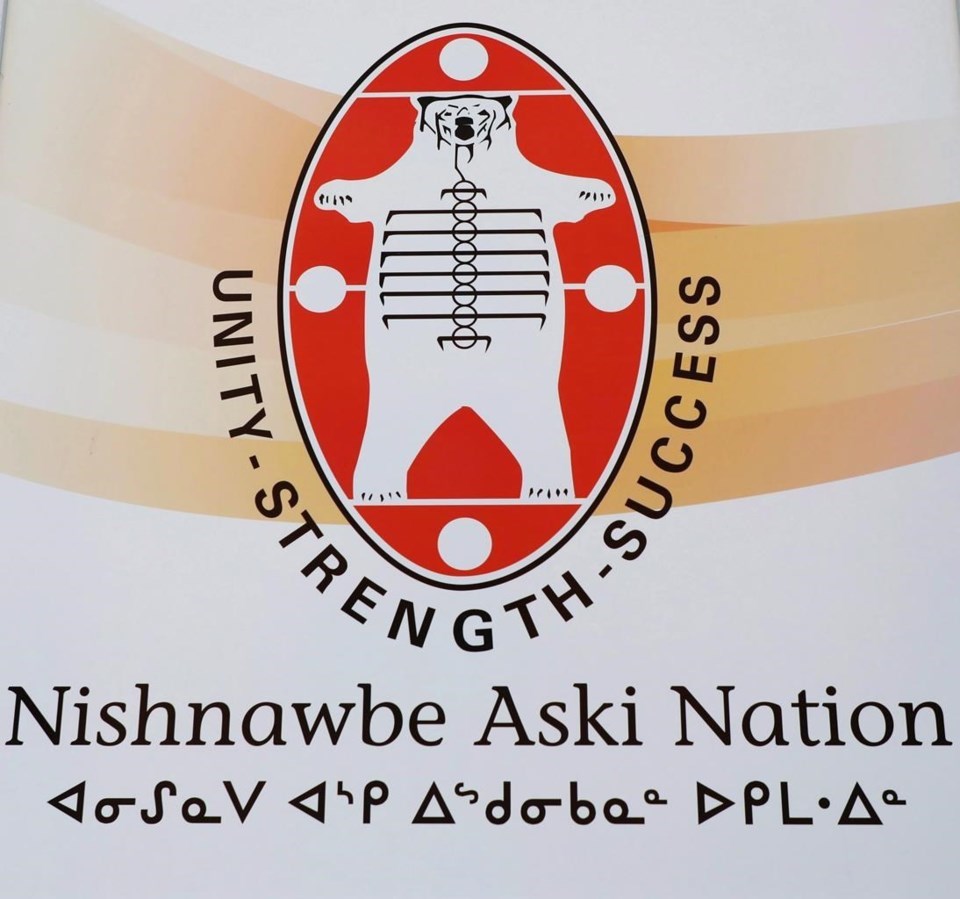THUNDER BAY – Nishnawbe Aski Nation (NAN) chiefs declared a “winter roads state of emergency” in the concluding statement for their 2024 Chiefs Winter Assembly.
The communique, released Thursday at the end of the three-day summit, also declared a “health state of emergency.”
The mild winter has given Ontario’s northern remote communities little to no winter road season so far, Grand Chief Alvin Fiddler said.
As a result, those communities haven’t received essential supplies that normally come in during winter road season.
“The heavy tankers that deliver gas – they haven’t even been able to go up to any of our communities,” he told Dougall Media.
What can’t be trucked in will have to be flown in, “and that’s way more expensive,” he said.
NAN represents 49 First Nation communities on Treaty 5 and Treaty 9 land across Ontario’s North.
Most of those communities depend on the winter road season to receive essential goods such as fuel, equipment and construction materials for housing and infrastructure projects.
Climate change and the weather phenomenon known as El Niño have produced a winter with sometimes record-breaking high temperatures across the North.
Of the more than 40 communities listed on NAN’s winter road updates web page, only one, North Caribou Lake, had a winter road open to full loads as of Feb. 2.
The NAN chiefs called on Indigenous Services Canada, Ontario’s Ministry of Northern Development, the Ministry of Transportation and Indigenous Affairs Ontario to immediately facilitate freight and road subsidies to the affected First Nations for fuel and essential non-perishable goods.
Their call to action on winter roads came just two days after the chiefs of four remote First Nations in northeastern Manitoba declared a state of emergency regarding their winter road season. One of those chiefs said his community is near the end of its fuel supply.
On Thursday the NAN chiefs also noted a “worsening state of access to quality health care” in First Nations.
The chiefs declared a health state of emergency that mandated NAN with negotiating resources and establishing an ombudsperson's office that will assist with territorial First Nations health services.
The ombudsperson will investigate and identify barriers to equitable health-care services and advocate for solutions at every level of government.
